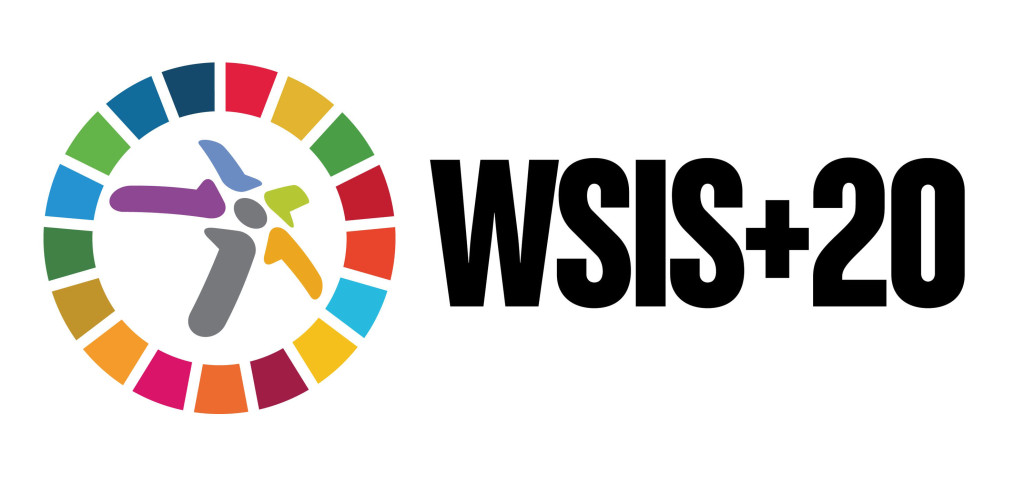Digital Empowerment Foundation urges stronger focus on inclusion in WSIS+20 Zero Draft
Through its recommendations, the Digital Empowerment Foundation calls for a digital future that is inclusive, rights-based, and fair. It emphasises that connectivity alone is not enough – people also need affordable devices, local content, accessible technology, and opportunities to participate in shaping digital policies.

India’s Digital Empowerment Foundation (DEF) has submitted detailed feedback on the WSIS+20 Zero Draft, calling for the United Nations to address key issues of affordability, accessibility, and inclusion in digital development. The organisation, which works to bridge the digital divide in rural and marginalised communities, shared its insights based on over 20 years of fieldwork across India.
Closing the gap in access and affordability
DEF notes that while the UN’s draft emphasises affordable internet connections, it overlooks the cost of digital devices, which remains the biggest barrier for many low-income families. In rural India, it is common for entire households to share a single smartphone, limiting women’s and children’s ability to learn or work online. The organisation recommends setting clear affordability targets for devices and creating more public access points, such as in schools, libraries, and local community centres, so that everyone can connect.
Supporting community networks and local innovation
DEF highlights the success of community networks run by local cooperatives and women’s groups, which provide internet access in remote areas where major telecom companies do not operate. It urges that the WSIS+20 outcome document formally recognise these community-led models and require that at least half of national connectivity funds be directed toward rural and last-mile access projects, ensuring transparency and community oversight.
Promoting local languages and accessible content
Many rural internet users struggle not only with connectivity but also with a lack of content in their own languages. DEF calls for a global initiative to support local-language and voice-based content, particularly for users with low literacy levels. It proposes measurable targets, such as developing content in 100 underserved languages by 2030, to make the internet more meaningful for first-generation users.
Empowering local intermediaries
DEF draws attention to its network of SoochnaPreneurs – rural digital facilitators, often women or persons with disabilities, who help communities access information, government services, and digital tools. It recommends that such local digital intermediaries be recognised in the WSIS+20 framework as a crucial part of digital development and employment creation.
Inclusion, rights, and safety
DEF’s submission calls for greater focus on persons with disabilities, who often face high costs for assistive technologies and inaccessible platforms. It urges that all digital systems adopt accessibility-by-design standards, such as WCAG compliance, and that governments invest in affordable assistive devices.
The organisation also raises concerns about the exclusion of queer and transgender people, who frequently face online harassment or are blocked from using ID-linked digital services. It asks that the WSIS+20 outcome explicitly recognise LGBTQI+ inclusion and protection in digital spaces.
Building fair and sustainable systems
From its work with rural entrepreneurs, DEF warns that many large online platforms use unfair business practices, such as high commissions and opaque ranking systems that disadvantage small sellers. It proposes global commitments to platform fairness, transparent fees, and interoperable payment systems that help small businesses reach wider markets.
The foundation also calls for environmental responsibility in the digital sector, noting that data centres and e-waste have serious impacts on land, water, and communities. It recommends promoting renewable-powered data centres, enforcing right-to-repair laws, and holding big technology companies accountable for environmental harm.
Protecting rights and measuring progress
DEF urges the UN to take a clear stance against internet shutdowns, which disrupt education, health services, and livelihoods in rural areas. It also proposes the creation of a Global Participation Facility to help rural, disabled, and marginalised groups engage directly in global digital-policy discussions.
To ensure real accountability, DEF suggests that digital progress be measured using disaggregated data – for example, separating rural and urban results, and tracking gender and disability indicators. This, it argues, would give a more accurate picture of who is being left behind.
A vision for an inclusive digital future
Through its recommendations, the Digital Empowerment Foundation calls for a digital future that is inclusive, rights-based, and fair. It emphasises that connectivity alone is not enough – people also need affordable devices, local content, accessible technology, and opportunities to participate in shaping digital policies.


